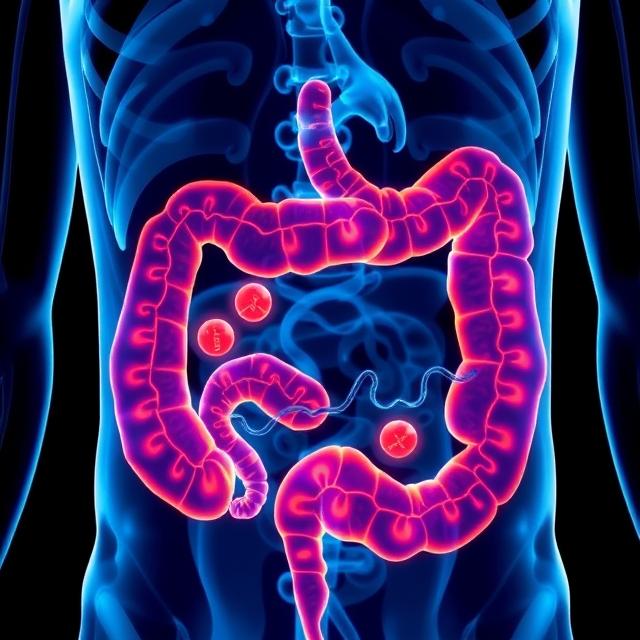
Early-Onset GI Cancers in Young Adults: Recognizing the Red Flags
Gastrointestinal (GI) cancers have traditionally been viewed as diseases that affect older adults. But over the past decade, there's been a noticeable rise in early-onset GI cancers among young adults. More people under 50 are being diagnosed with cancers of the colon, rectum, stomach, pancreas, and other parts of the digestive system.
This trend is especially concerning because many of these cases are caught later than they should be—often because early signs are missed or dismissed.
The good news? By paying attention to key symptoms and understanding your risk, it’s possible to catch GI cancers early and significantly improve treatment outcomes.
What Is Early-Onset GI Cancer?
Early-onset GI cancers refer to cancers in the digestive tract that occur before the age of 50. The most common is early-onset colorectal cancer, but rates of stomach and pancreatic cancers are also increasing in younger adults.
Researchers are still working to understand exactly why this is happening. Contributing factors may include:
- Dietary changes
- Rising obesity rates
- Sedentary lifestyles
- Genetics
- Environmental exposures
Unfortunately, most people under 50 aren’t included in routine cancer screenings, which means symptoms often go unnoticed until the disease has progressed.
Key Red Flags You Shouldn’t Ignore
Recognizing early warning signs can make a life-saving difference. Here are the most common red flags of early-onset GI cancers:
- Blood in the stool
Rectal bleeding or blood in the stool is not normal at any age and should always be investigated. - Changes in bowel habits
Persistent constipation, diarrhea, or changes in stool shape or size—especially lasting more than a few weeks—may be signs of colorectal cancer. - Unexplained abdominal pain
Cramping, bloating, or discomfort that is frequent and persistent should not be ignored. - Unexplained weight loss or fatigue
Losing weight without trying or feeling unusually tired may signal an underlying issue, particularly when paired with digestive symptoms. - Feeling full quickly
Feeling full after just a few bites, especially if it’s a new sensation, could indicate a stomach-related cancer.
Who Is at Risk?
Early-onset GI cancers can affect anyone, but you may be at higher risk if you have:
- A family history of gastrointestinal cancers
- Genetic syndromes (e.g., Lynch syndrome, familial adenomatous polyposis)
- Inflammatory bowel disease (Crohn’s or ulcerative colitis)
- Obesity and a sedentary lifestyle
- A diet high in processed meats and low in fiber
- Smoking or heavy alcohol consumption
If you fall into any of these categories and notice symptoms, speak to your healthcare provider promptly.
When to Get Checked
Routine colorectal cancer screening is now recommended starting at age 45 for those at average risk. However, if you have a family history or show symptoms, you may need to begin earlier.
Screening methods include:
- Colonoscopy
- Stool tests
- Imaging scans
Listening to your body is key. If something feels off, don’t wait. Get evaluated—early detection can save lives.
Taking Control of Your Health
While some risk factors are out of your control, many lifestyle habits can help reduce your risk:
- Eat a balanced, high-fiber diet
- Exercise regularly
- Avoid tobacco
- Limit alcohol
- If you have a family history, speak to a genetic counselor about early screening
Final Thoughts
Early-onset GI cancers are a rising health concern among young adults. But knowledge is power. Recognizing warning signs like rectal bleeding, changes in bowel habits, and unexplained weight loss can lead to earlier diagnosis and better outcomes.
No matter your age, if something doesn’t feel right—don’t wait. Speak to your doctor, ask questions, and advocate for your health. Early action saves lives.
Latest Blog
-

Gynecological Cancer Prevention Symptoms and Treatment Options
-
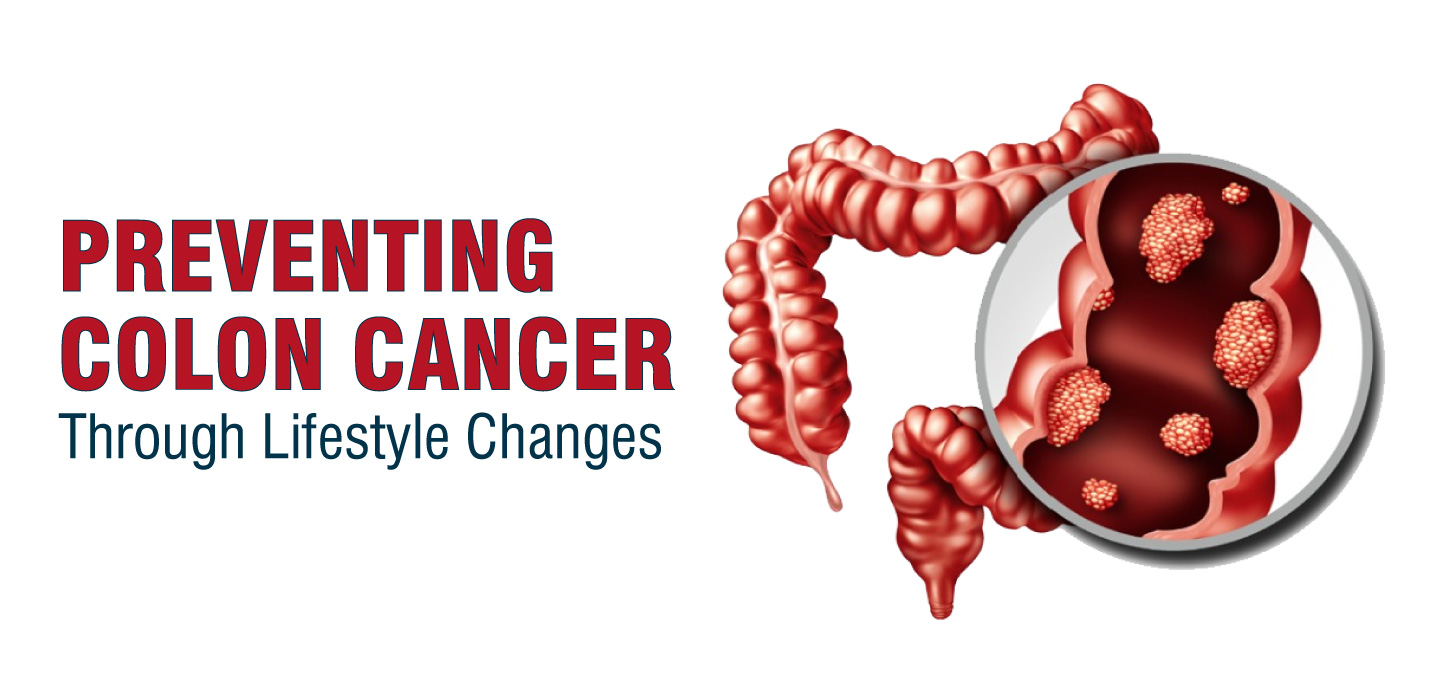
Preventing Colon Cancer through Lifestyle Changes
-
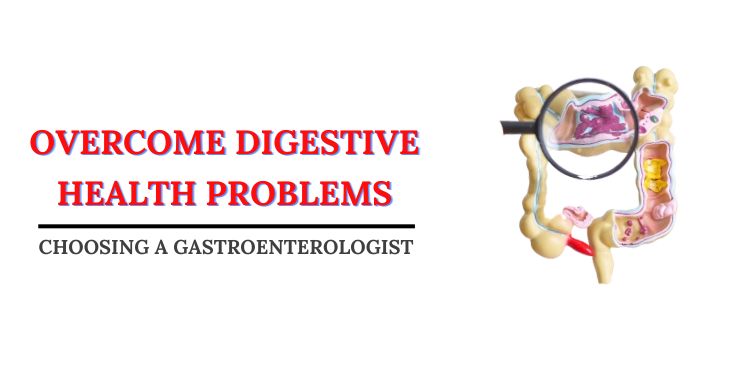
Overcome digestive health problems: Choosing a Gastroenterologist
-

Find Out Why Choosing the Best Gastro Doctor in Ahmedabad is Crucial
-
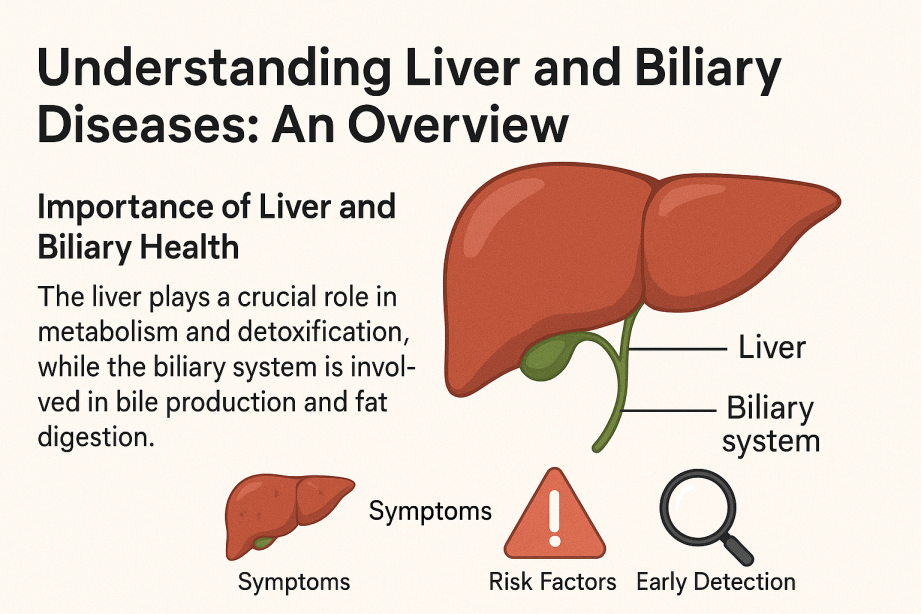
Understanding Liver and Biliary Diseases: An Overview
-

Early-Onset GI Cancers in Young Adults: Recognizing the Red Flags
-

Scorching May in Ahmedabad: Is Your Health at Risk?
-
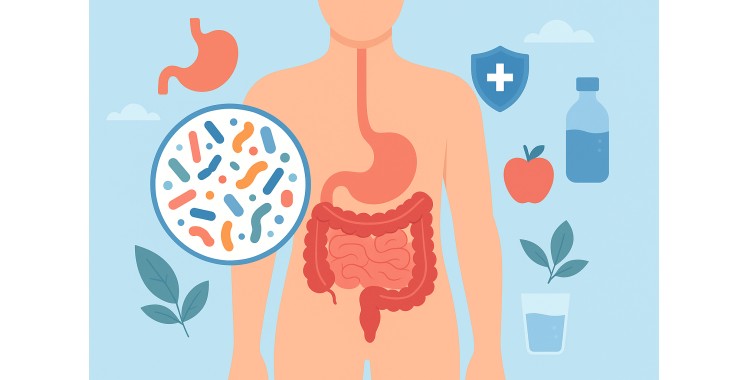
Why Gut Health Matters More Than You Think
-
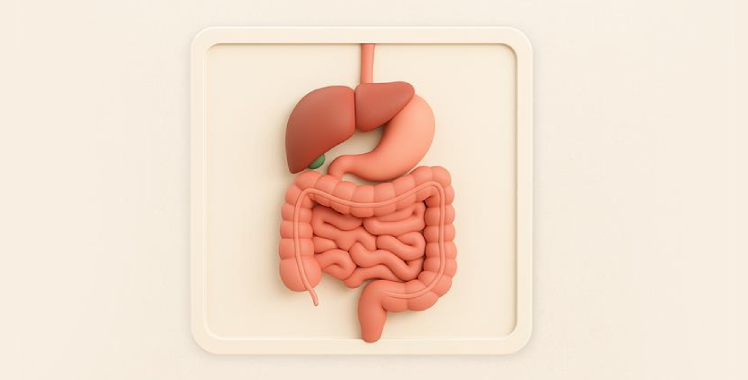
Top Gastroenterologist in Ahmedabad: How to Choose the Right Expert for Your Digestive Health
-
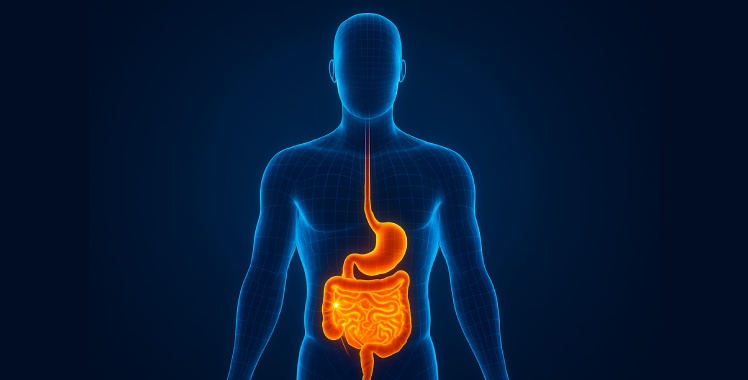
Top Benefits of Laparoscopic Surgery for Digestive Disorders in Ahmedabad
